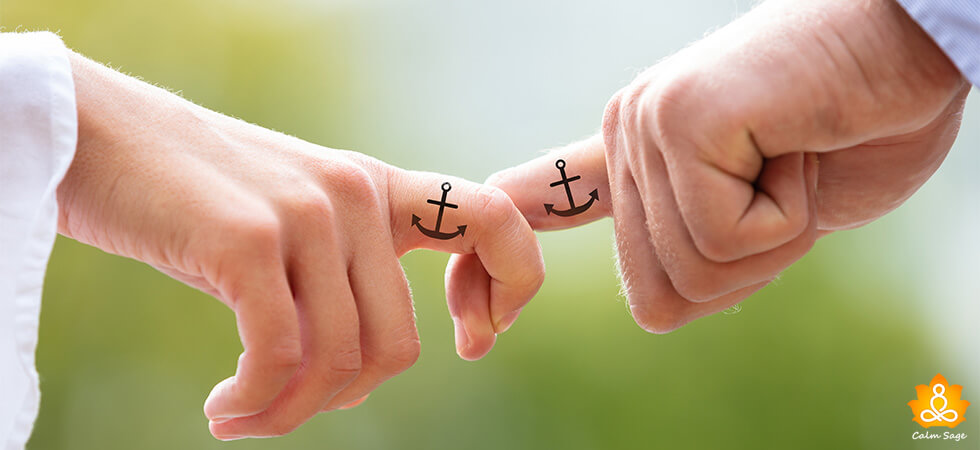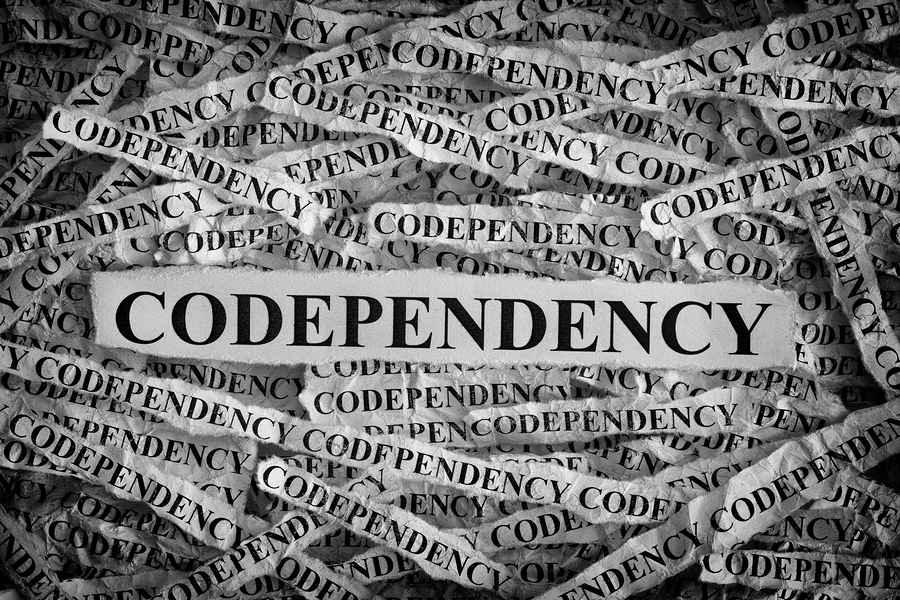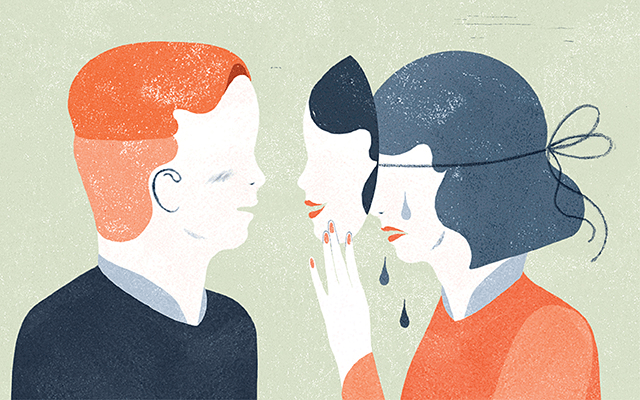Anxiety In Codependent Relationships | Ways To Cope

We are all familiar with the phrase ‘opposites attract’ but what happens when the people involved are fueled by the opposite emotions. Anxiety comes in many forms but when it comes to personal relationships there are two types of anxiety; relational isolation and relational attachment.
What happens when two people in a relationship are of either anxiety? This kind of situation is often termed as codependency. The isolated person will be drawn to the attachment person and vice versa. Codependency is when a person lets others’ behaviors affect them and who is obsessed with controlling them.
Fear is an emotional and physical reaction to a current situation or threat. Anxiety is a form of fear not necessarily afraid but always on edge, irritable, and unhappy. Anxious situations trigger a fight or flight response in a person. It might not be a physical danger that will trigger this response but it could be a response to feeling emotionally unsafe or the fear of being emotionally harmed.
Codependency stems from chaotic and dysfunctional environments where people are emotionally mistreated and undervalued. People with codependency problems often fear rejection, criticism, failure, and conflict of emotions.
When someone is feeling anxious, their focus is drawn away from what goes in reality and gets fixated on the what-ifs. These feelings of negative thinking tend to spiral out of control and takes over the thinking process.

Codependents have a hard time noticing and expressing their feelings. Like previously mentioned, codependency stems from chaotic environments making people hide and suppress emotions which in turn manifest in physical symptoms. Anxiety shows up in ways of stress, tension, fatigue, and health problems.
The most painful time for a codependent is when they realize that a relationship is not working out. The end of a relationship can be stressful for many people but for a codependent person, it takes more effort, energy, and attention that drains them of emotions. They often end up angry, resentful, lonely, and bitter. These emotions drive them to do desperate things to control the outcome of a failing relationship.
Grief and guilt drive a person to do things that might otherwise help curb increasing anxiety. A codependent person might do the following things:
- Beg or plead with their partner
- Try to make their partner guilty and feel responsible for the failing relationship
- Become depressed or have suicidal thoughts
- Refuse to speak up for their own need and let their partner decide things
- Financially depend on their partner
Eventually, codependents develop abandonment issues which make them do desperate things to save their sanity. After all, anything is better than nothing, right? This is where addiction and codependency overlaps. People with this issue lack healthy inner boundaries. The inner boundaries allow a person to consider whether their words, manner, intensity, and intention are appropriate. When the inner boundary is too rigid, codependents refuse to share their feelings and when that inner boundary is loose, they share too much, give more than needed, and cause harm to others.

Ways To Cope with Anxiety In Codependent Relationships
There are many ways to cope with the anxiety that many codependents go through in a relationship:
1. Detach
When codependents focus on other people’s problems, they are consumed with worry and try to fix and control things that are out of their reach. They scan for problems that spark anxiety and consume too much energy.
Detaching is the process of putting emotional and/or physical space between people. Codependents are overstressed in part as they take on others’ problems on themselves. During the process of detaching, people start to notice their feelings and differentiate what’s in their control and what is not. This process is hard for codependents as they usually feel guilty when doing things for themselves.
Taking some time apart for yourself is important in a relationship. It gives time to focus on yourself and reduce the stress about a particular situation.
2. Exercise
Exercise is one of the most effective ways to reduce stress and anxiety as it metabolizes stress hormones. Anxiety naturally clues in the body the need for physical exertion as a means of protection. Remember, flight or fight response?
This is why it is important to exert yourself physically when you’re feeling stressed or overwhelmed.
3. Focus on the present
Anxiety spikes, in the mind, danger enticing the ‘what ifs’. This can distort the thinking process and can result in over exaggerating problems making it difficult to see the positive on situations.
Remind yourself to be present at the moment and accept the situation for what it is instead of what could be. Practice mindfulness.
4. Coping mantra
A mantra is something that is said repeatedly in the mind of a person reminding them how to want to feel or act. During stressful situations, it is natural to go back to the old ways of thinking and behaving. In these instances, a mantra of your choice can give you time to think and relax your mind.
This is a helpful strategy as it doesn’t take much thought and the more you use this method, the easier it comes to you in times of stress.

Developing healthy and positive self-esteem is the first action of recovery for a codependent person regardless of their relationship. Self-care and self-love are the two things that a person with codependency issues should keep in mind.
Take a moment to see yourself full of enthusiasm, energy, joy, and love and try to become that person. Practice grounding techniques and focus on what you can change. Learn more about your anxiety and learn to cope, not control.
Inner peace and happiness come from accepting yourself.
More Interesting Reads:
Relationship Anxiety: Why Do They Occur & How To Overcome It?
Agoraphobia: The Anxiety No One Talks About
25 Best Herbal Teas For Stress, Anxiety, Sleep and More For You to Sip On




















